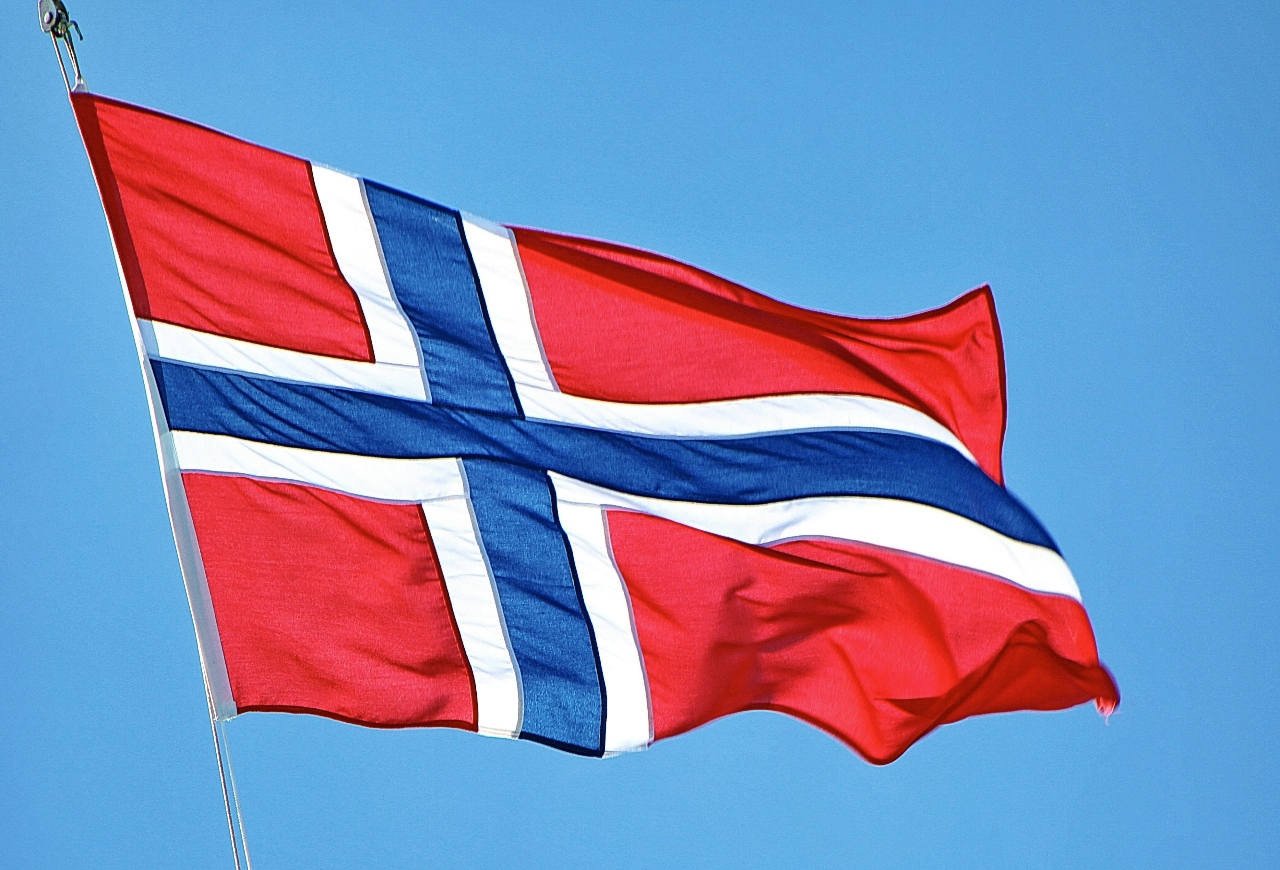A survey from Norway’s recently established National Advisory Board provides insights into an increasingly vibrant impact investing sector where participants say they are poised to scale up their activities.

Norway is punching above its weight in the European impact investment world, according to a survey from the country’s recently founded National Advisory Board for Impact Investing (NorNAB).
The publication, The State of Impact Investing in Norway, reports that the country’s impact market, dedicated to social and environmental change, totals over NOK 100bn (€8.47bn) in direct impact investments, including those made by development finance institutions (DFIs). Excluding DFIs, the figure is NOK 77bn (€6.5bn). That compares to a European total of €80bn excluding DFIs, according to data from the Global Steering Group for Impact Investing (GSG) and EVPA.
In October, NorNAB became part of the network of National Advisory Boards established under the leadership of the GSG, currently chaired by Nick Hurd, which aims to foster impact investing globally. The Norwegian NAB brings together 25 Norwegian public, private, and non-profit institutions, with a mission to push more investment into initiatives targeting the UN Sustainable Development Goals.
Espen Daae, NorNAB’s chair, described its launch as a milestone for the impact investment sector in Norway.
“We can see that impact investing is gaining momentum. The report findings boost our confidence that Norway has a global role to play in advancing the Sustainable Development Goals through investments,” Daae said.
All survey respondents said they pursued climate and environmental impacts, with two-thirds also investing in social impact. Three-quarters hold assets abroad, while 80% have investments in Norway.
Private equity dominates
Of the 19 respondents that identified the asset classes they targeted with impact investment, 18 (95%) used private equity, with around half being exclusively focused on that class. Six respondents made secured and unsecured loans and private debt. In addition, three family offices and state-owned investment companies engaged in impact investing through the more liquid public equity market.
Some 95% of impact investors responding said they intend to maintain or boost their share of impact investments, while 45% say they believed impact investments could be more lucrative than traditional investments. That’s a finding that will give succour to those who believe there is no trade-off between maximising impact and making healthy returns and may persuade more investors to move into the sector. NorNAB reported that a third of surveyed investors currently not making impact investments plan to do so soon.
The survey received responses from 39 organisations overall, including asset owners and managers, intermediaries managing investments such as venture capital, private equity, corporate venture capital, funds, financial institutions, family offices, financial advisors and public market fund managers. Of these, 26 said they carried out impact investment.
Fund managers and state-owned investment companies accounted for 98% of directly invested impact assets under management (AUM) at end-2022, with family offices comprising 1.3%. Direct investments fund companies, projects or assets directly, while indirect investments go via funds or other intermediaries. Indirect investments stood at around NOK 20bn of AUM at end-2022
NorNAB said the survey provided valuable insights, but acknowledged it was not exhaustive or fully representative of all impact investing activity in Norway. The response rate for the survey was 29% of the 133 organisations approached to take part. It also noted it had not assessed the practices of respondents labelling themselves as impact investors.






